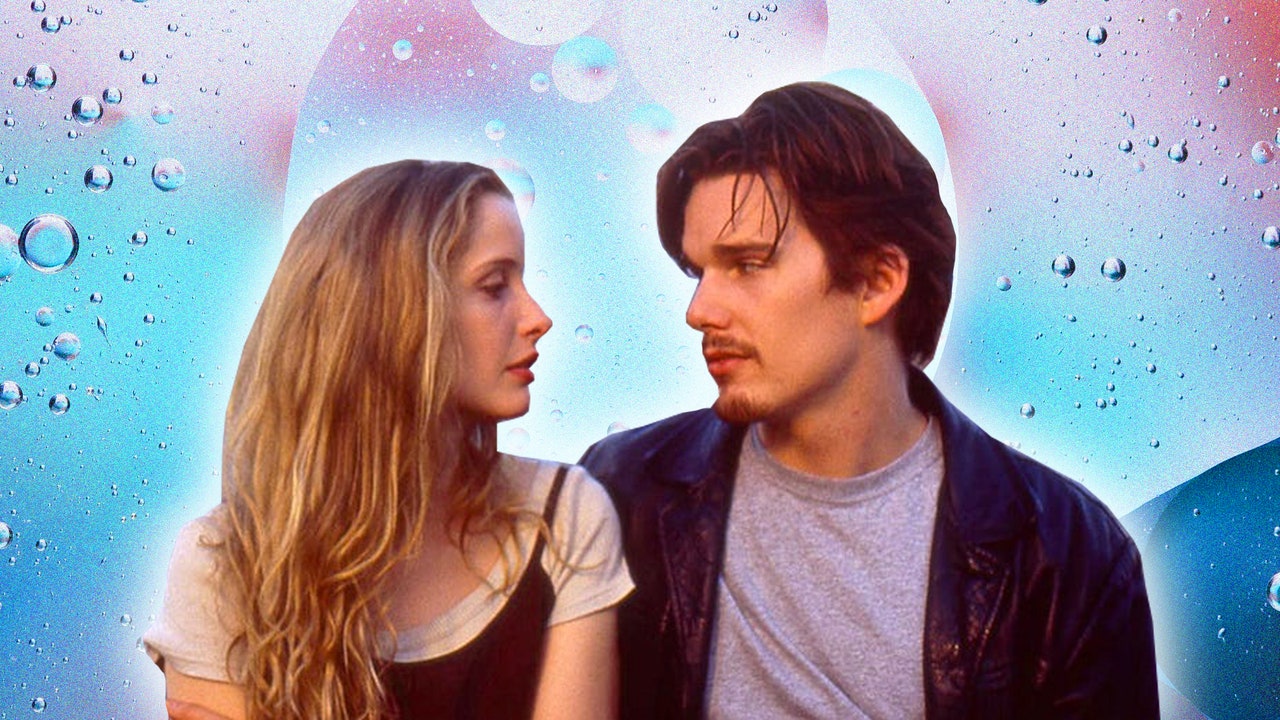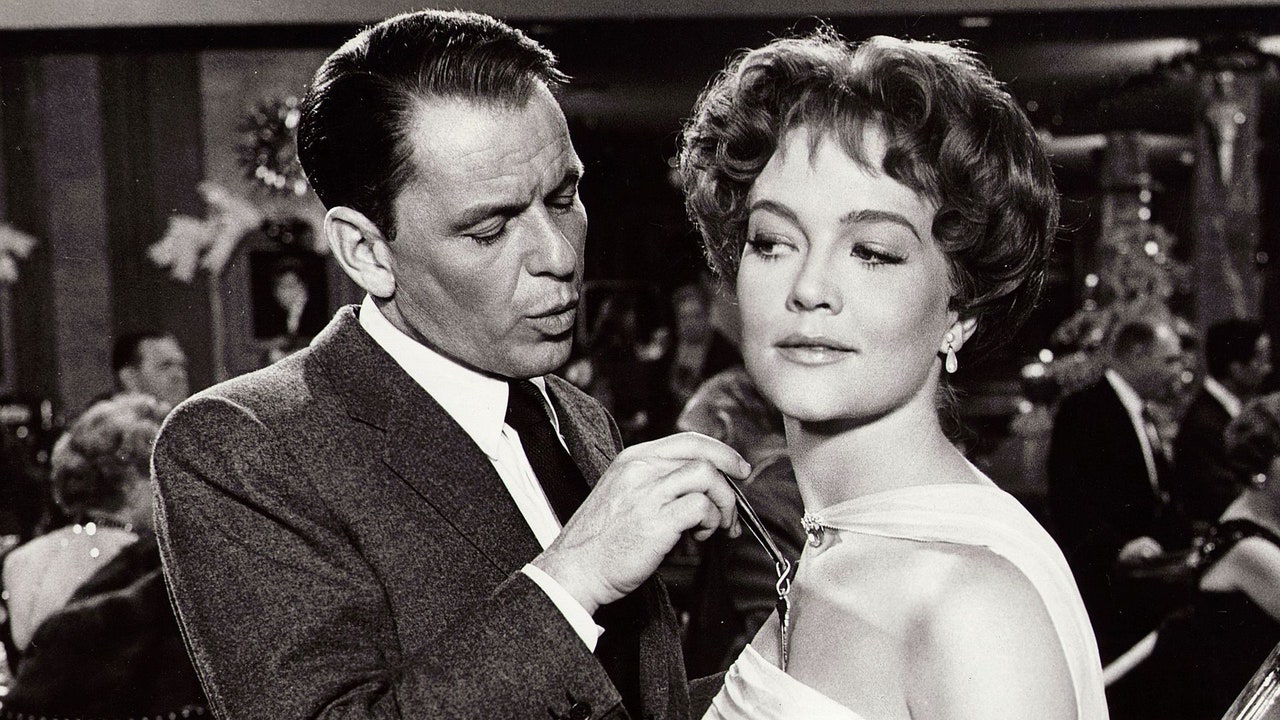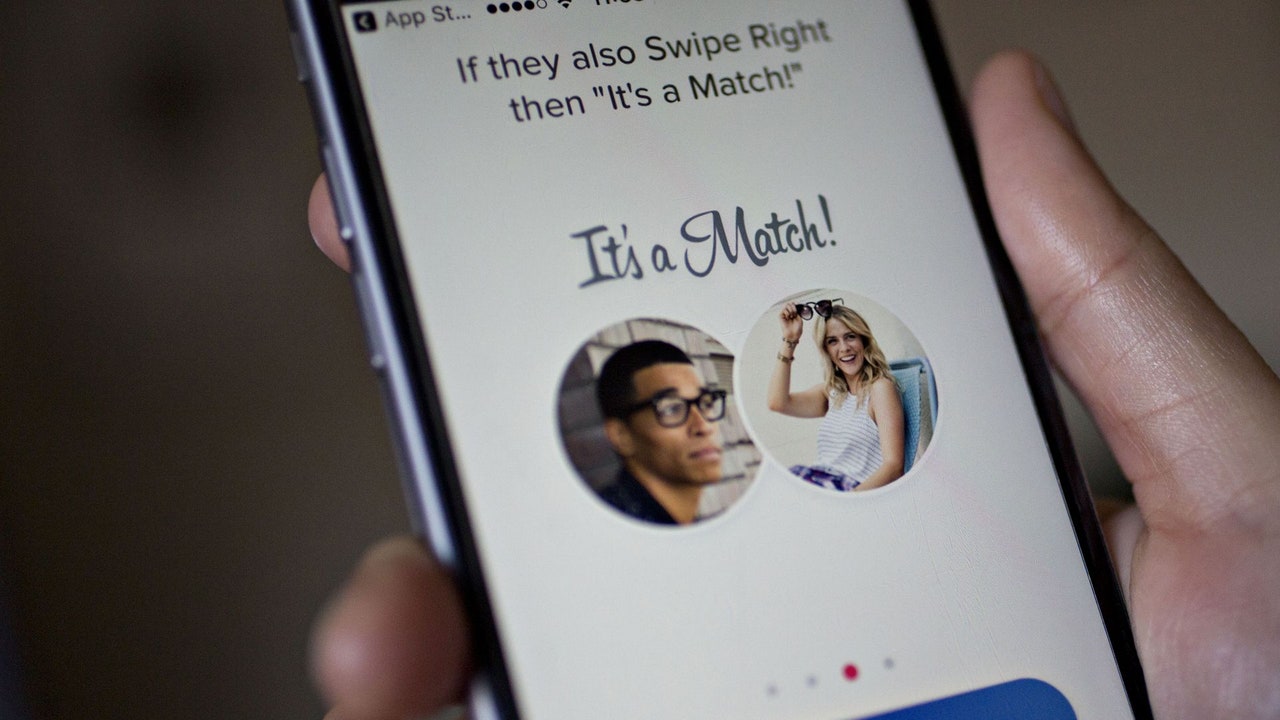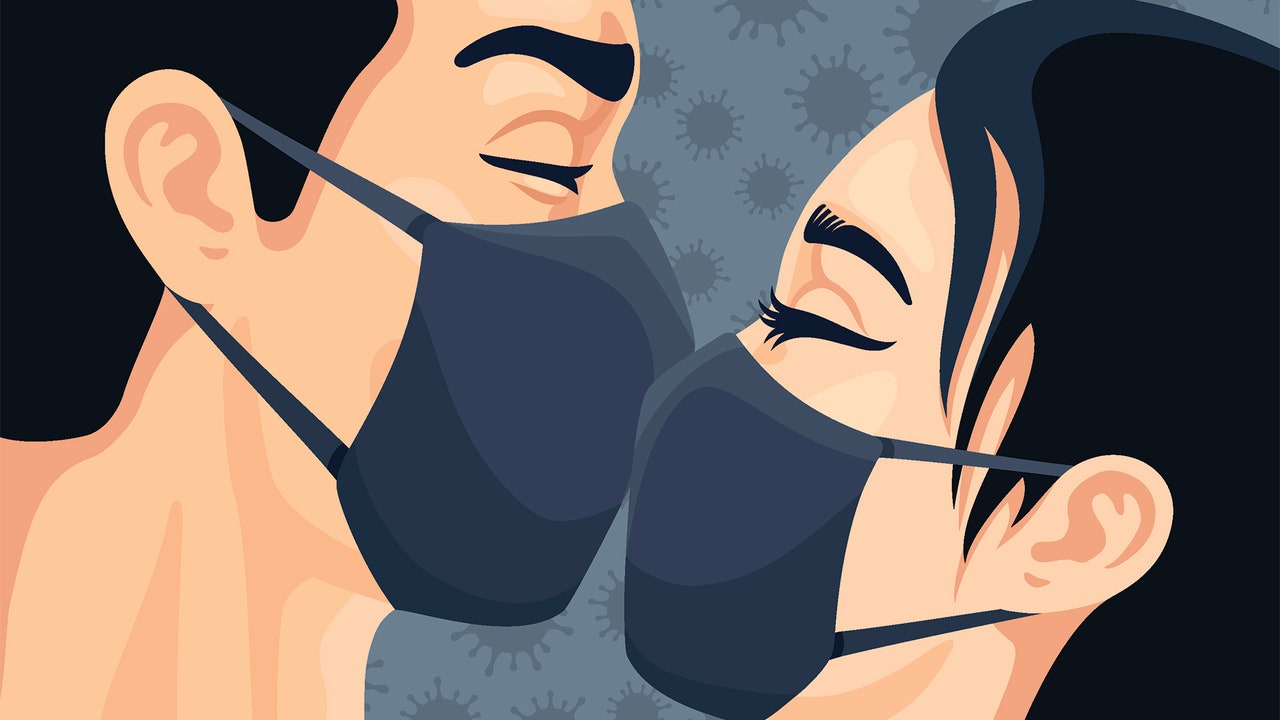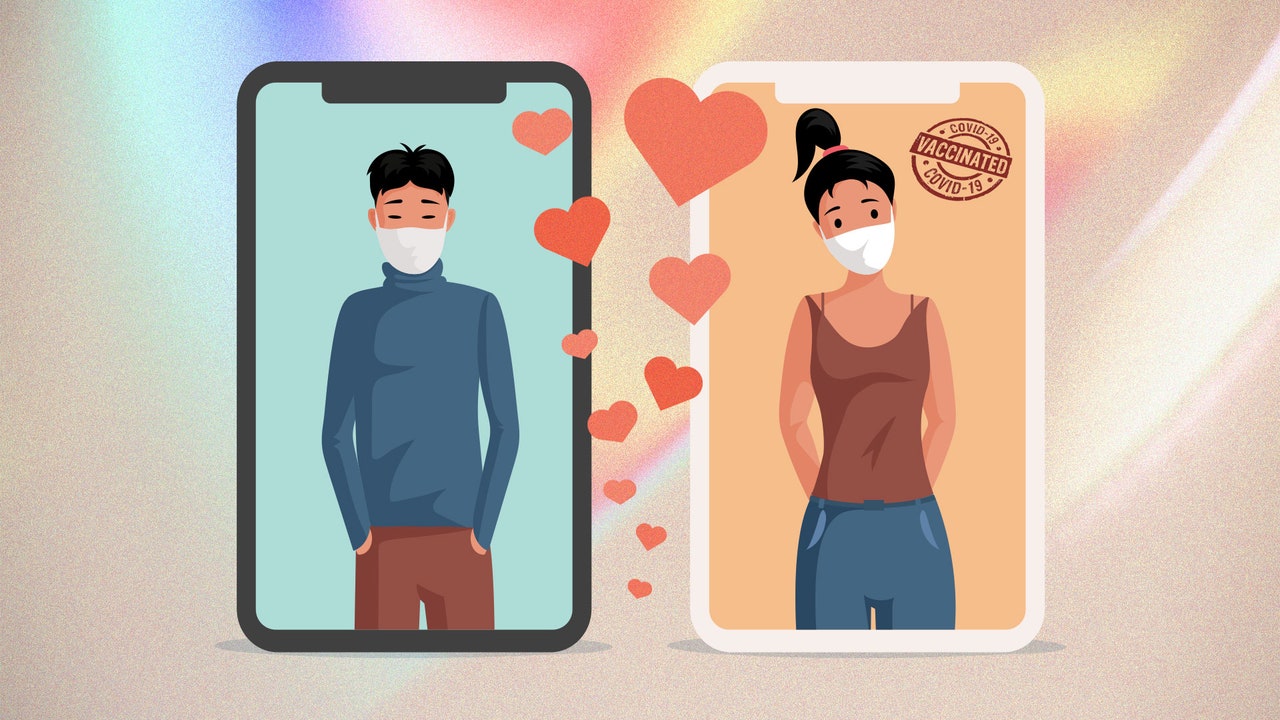What Causes Men to Ghost Women? by Lisa
When does the lack of communication from someone you’re dating officially become ghosting? Is there a specific timeframe? Days, weeks, months – none of these seem to provide a definitive answer. We need a standard measure to gauge the level of concern we should have when they haven’t returned our calls. And by “they”, I’m referring to men, or boys, if we’re feeling particularly frustrated by the lack of response.
In today’s digital age, it’s increasingly difficult to vanish without a trace. Read receipts, blue ticks, timestamps – we’re constantly monitored. Ghosting, with its assumed passivity – “he just stopped responding” – is a bold act of avoidance. It’s audacious, perhaps cowardly, and striking in its simplicity. No need to block numbers, no dramatic confrontations or slammed doors, no explanations, just silence. So, why is ghosting predominantly a male behaviour?
“From a young age, men are taught not to show signs of weakness, including their emotions,” explains therapist and Counselling Directory member Beverley Hills. “They’re told to ‘man up’ or that ‘big boys don’t cry’ – it’s no surprise that empathy is often deeply suppressed in men.” Yet again, we’re dealing with the issue of fragile masculinity – when will we overcome this tiresome problem?
But perhaps the issue is more complex. If you’re left wondering what went wrong, or if you’re a habitual ghoster seeking some self-awareness, here are some potential reasons behind that cruel, silent goodbye.
The rules are confusing
The dating world is filled with conflicting advice from questionable dating gurus. Whether it’s the slick charmer teaching us how to flirt, the serious guru urging us to connect with our emotions, or the experienced singleton dictating texting etiquette – it’s a minefield. “Men have traditionally had free rein in the sexual arena,” says Hills. “The ‘love ’em and leave ’em’ mentality, reinforced by societal conditioning, persists.” It’s like an extension of the appalling “treat ’em mean, keep ’em keen” mentality. By ignoring, ghosting, and suddenly losing the ability to read and respond, we’re setting our own traps.
Therapist Gordon Wax, also a member of the Counselling Directory, agrees that men have traditionally avoided confronting uncomfortable feelings. However, he notes that more men are seeking his help to discuss their issues than ever before. “Adopting a false cloak of invisibility allows individuals to avoid feelings of guilt after ending a relationship,” he says. Instead, this guilt is transferred to the person who was ghosted. “The ghoster behaves as if the relationship never felt real to begin with.”
Breaking up in person is difficult
“Some people lack the confidence to express their true feelings,” says Hills. ”It’s also about power: ghosting someone is the ultimate last word.” There’s also the unavoidable fact that a face-to-face breakup leads to questions like “Why?” or “What did I do wrong?” No one wants to tell the truth – or hear it. If a man hasn’t felt comfortable expressing that his needs aren’t being met, he might prefer to end things abruptly rather than appear needy or risk being dumped himself. “Ghosting isn’t so much about communicating a lack of interest in another person,” says Wax, “but it may indicate poor communication skills from the outset.”
Texting can seem… harsher?
If we’re not willing to say goodbye in person, the only other option is to do it over the phone. This is often seen as cold and thoughtless, but it also leaves a channel open for future communication, even when you’re ignoring each other. That final text could spark years of resentment, sporadic booty calls, drunken holiday confessions of love, and the occasional inappropriate photo. It’s better to make a clean break.
He thinks you’re out of his league
If you run into him and ask why he ghosted you, a quick-thinking man might tell you that he thought you were too good for him. But there might be some truth to this, according to Hills, who suggests that a typical ghoster might struggle with anxiety or low self-esteem. “Perhaps he feels he’s out of his league. Or maybe he’s a player and is seeing someone else,” she says. “He might have achieved his goal in the numbers game.”
He’s afraid of being caught in a lie
We all exaggerate when trying to impress others, whether it’s ordering a triple-shot cortado to assert dominance over the barista or pretending to be an astronaut when chatting with strangers in a taxi queue. Perhaps he took it too far and is worried you’ll keep asking about that Lamborghini he mentioned.
He’s keeping his options open
Dating is unpredictable, and with apps offering a new potential match every second, it’s easier to keep your options open. “That’s the problem,” says Hills. “It’s like a giant candy store. Don’t like the taste? Try another one, it’s free, there are plenty more, and everyone else is doing it, so what’s the harm? Ghosting is the perfect solution.” If men never officially end things, they might think it’s perfectly fine to show up at your door again months later if things don’t work out with someone else. For our own sake, we need to tell them to get lost.
He doesn’t realise he’s doing anything wrong
Perhaps he’s too self-centred to understand how hurtful his actions are, or maybe he’s dealing with his own issues. According to Wax, a ghoster might come from an unstable background and find it difficult to form lasting, meaningful connections. They might lack empathy, which could indicate an underlying mental health issue. “If you’ve experienced abandonment yourself, you might be more likely to ghost others,” says Wax. “If your parents showered you with attention, you might feel compelled to end a relationship abruptly if you don’t get what you want from it.” If he’s a narcissist who only cares about himself, he’s unlikely to consider the harm he might be causing.
He’s just not a good person
Let’s be honest, this is probably the main reason.
If you’ve been ghosted…
You might feel numb, lost, full of questions, and have an overwhelming desire to smash plates, but these feelings are normal. You’ve been denied closure and left in a state of uncertainty. “Allow yourself to feel and react as you would to any other breakup,” advises Wax. “Even though they’ve taken away your power, it’s important to consider how we give our power to others, which could lead to us being taken advantage of in the future if not addressed now.”

